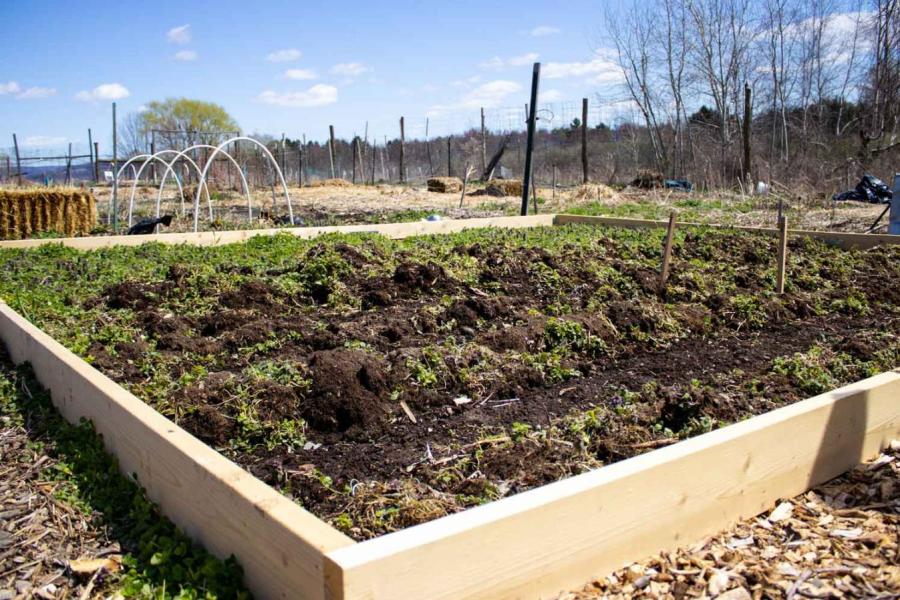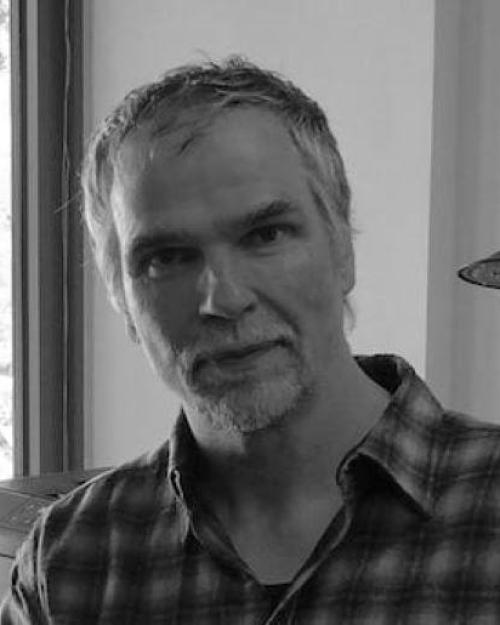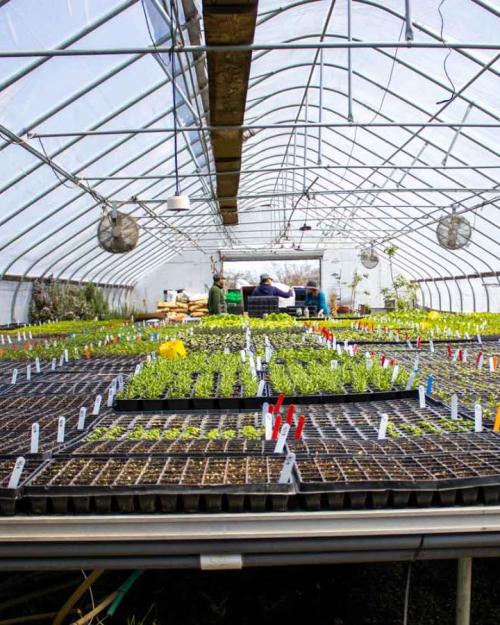Students in a new moral psychology class spent the semester working with local non-profit organizations to tackle issues from migrant family justice to food insecurity to sustainable agriculture.
The 10 students in Moral Psychology in Action began the semester studying various aspects of community-engaged work and the necessity of developing partnerships to tackle the most challenging issues facing people today, said Laura Niemi, assistant professor of psychology and faculty lead for the new moral psychology minor.
“The course attracts students who want to make a difference in the world through ethical leadership and positive contributions in organizations, and who are drawn to scholarly work on psychology, ethics and morality,” she said. “They care deeply about social justice and ethics.”
The course is supported by the Kaplan Family Distinguished Faculty Fellowship program, which awards faculty for civic engagement work.
Prameela Kottapalli ’23 worked with the group Justice for Migrant Families (JFMF). She was already a volunteer there, but she said this project allowed her to immerse herself in the organization’s mission. JFMF is a community organization dedicated to directly supporting and advocating for immigrants detained and previously detained at the Buffalo Federal Detention Facility.
“So much of my advocacy work over the past few years has revolved around immigrant detention. My academic pursuits also center around this — my major as a College Scholar is rooted in immigration-incarceration studies,” she said, adding that she’s a first-generation daughter of immigrants. “I’ve developed personal connections with people who JFMF supported during and post-detention, and I wanted to further integrate theory and practice by combining engagement with JFMF with the discipline of psychology and ethics.”
Kottapalli’s project involved working closely with teams doing community outreach and executing campaigns demanding legislative change, public awareness, and accountability from U.S. Immigration and Customs Enforcement (ICE) on issues such as reinstating visitation from family members. She also conducted translation work and intermittently volunteered on JFMF’s detention hotline, communicating with people in detention about their direct needs.
“I know that I want to continue this work post-college and being able to immerse myself in it firsthand was an incredibly valuable experience,” she said.
Ade Lawrence ’22, an architecture student, chose to work with EcoVillage, a sustainable living community that also offers educational programs and events related to sustainability.
“I'm very interested in sustainable design and communities that have little impact on their surroundings,” he said. “What I find attractive about Ecovillage is the combination of multiple sustainable design techniques and a healthy community.”
He worked this semester on a project titled Edible Ithaca, a garden space in the City of Ithaca where Ecovillage members and residents can share their knowledge with the local community. They were able to locate a site, do a significant amount of research and start work on a design proposal.
“It is crucial that the knowledge and resources necessary for reaching goals for climate change mitigation are accessible and easily digested,” he said. “Ecovillage is not only an existing precedent that proves the goals are viable, but they also are genuinely interested in spreading their knowledge.”







